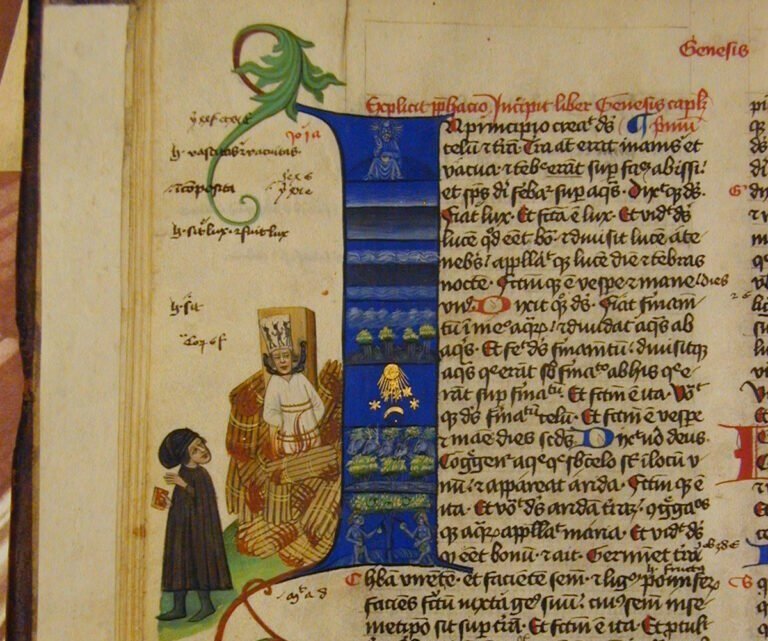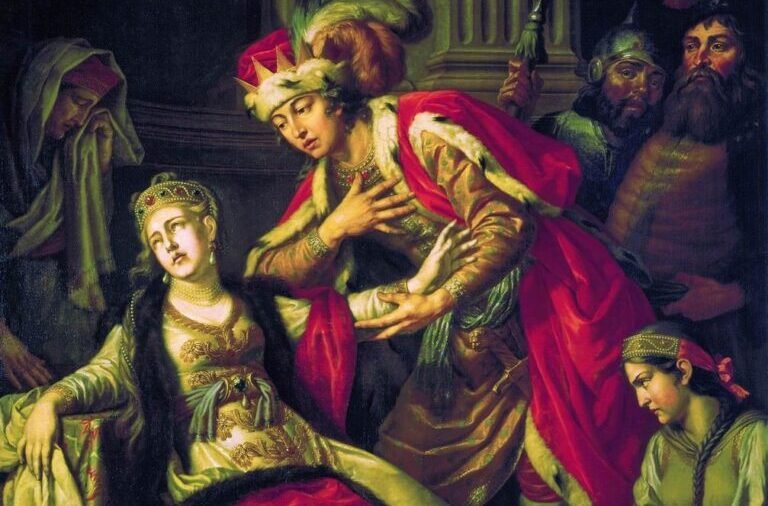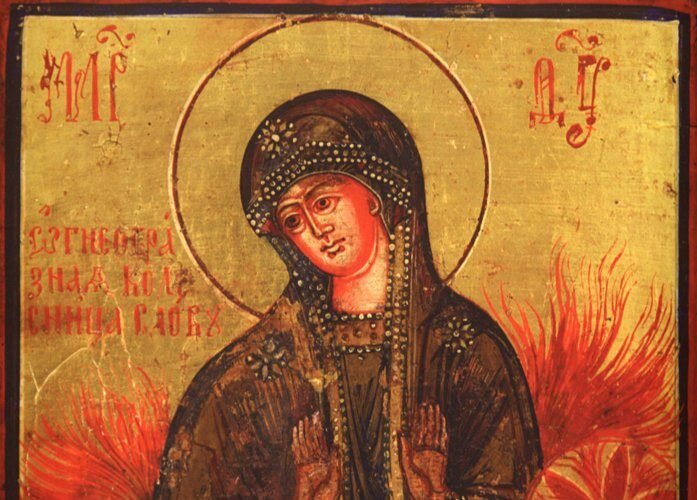Chronos, Kairos and Aion are the three deities of time, events and epic destinies. Here is the multi-religious and multicultural calendar!
Find us on our website Mythology and Legend, on Facebook and on instagram !

The schedule in brief from D-2 to D+5
- 30 June 2024, Daily: Chha
- July 2, 2024, : Lwiindi-Gonde
- July 6, 2024, : Jan Hus
- July 6, 2024, : Kupala
- July 7, 2024, : Ra o te Ui Ariki
The complete interactive calendar
Holidays of the month
July 2, 2024 (1 event)
July 2, 2024

Today the people of Tonga celebrate Lwiindi-Gonde. The Tonga perform rites to thank the ancestors for the first harvests and to ask them for rain for the season. #mythology #myth #legend #calendar #July #onga #Lwiindi
July 6, 2024 (2 events)
July 6, 2024

Today, the Czech people commemorate the burning of Jan Hus. The Czechs made him a national hero, an allegory of their fight against Catholic, imperial and German oppression. He is at the origin of the Czech alphabet, the Hussite Church and probably a precursor of Protestantism. #mythology #myth #legend #calendar #6July #janhus
July 6, 2024

Today, the Slavs celebrate Kupala night. This ancestral festival is today replaced by Saint John's Day. This festival celebrates fire, water, the Sun and Moon, the harvest, fertility, joy and love. Its origin is linked to the cult of Kupala. #mythology #myth #legend #calendar #June 23 #July 6 #kupala
July 7, 2024 (1 event)
July 7, 2024

Today in the Cook Islands takes place Ra o te Ui Ariki. This day celebrates the Ariki, the chiefs of the various Vaka of the islands. This is an opportunity to honor the different local cultures and customs. #mythology #myth #legend #calendar #vaka #Ariki
July 11, 2024 (2 events)
July 11, 2024

Today, the peoples of Mongolia celebrate Naadam. During this festival, a competition of archery, wrestling and equestrian sports is disputed between the best athletes of each people. #mythology #myth #legend #calendar #July 11 #mongolia #Naadam
–
July 11, 2024
Today, the Chinese commemorate Zheng He's first voyage on July 11, 1405 with 317 boats. During these seven expeditions, he mapped, put in contact with and traded with all the coasts south of Liuj iagang, up to present-day Indonesia and Somalia. #mythology #myth #legend #calendar #ZhengHe #July 11 #Chine #Ming
July 15, 2024 (1 event)
July 15, 2024

Today, the Northern Slavs (kyiv Rus) commemorate the death of Vladimir known as the Beautiful Sun or Vladimir the Great. It was baptized following an alliance with the Byzantine Empire and helping to Christianize northeastern Europe. #mythology #myth #legend #calendar #saintvladimir #July 15
July 17, 2024 (1 event)
July 17, 2024

Today, Slavic peoples celebrate Ognyena Maria, fiery Mary. Sister of the thunder god Perun, she is the amalgam of Margaret the Virgin, the Virgin Mary, both sisters of Saint Elias. She is often also associated with Lazarus, the rain and the sea.
July 20, 2024 (1 event)
July 20, 2024

On this day, the Slavs celebrated Perun, the supreme god. The cult of Perun was probably replaced by the cult of the prophet Elijah among the Kyiv boyars in the process of Christianization of Rus. #mythology #myth #legend #calendar #July 20 #perun
July 24, 2024 (1 event)
–
July 24, 2024
Today, Tunisians hold the Aoussou Carnival in Sousse. Probably drawing its origins from the Phoenician Neptunalia in honor of Neptune and Ocean, the modern festival only keeps trace of its etymology. Nowadays, it is a parade made up of symbolic floats, brass bands and folk troupes. #mythology #myth #legend #calendar #July 24 #Tunisia #ousse
Multicultural and multi-religious almanac
An almanac is a calendar showing the main dates of the calendar, the religious holidays, bearing ephemerides such as the phases of the moon or the duration of the days (lunar and solar calendars).
A calendar is a system for marking dates according to time. Such a system was invented by men to divide and organize time over long periods. The observation of the periodic phenomena of the environment in which they lived — such as the daily movement of the shadow, the return of the seasons or the lunar cycle — served as the first references for organizing the agricultural, social and religious life of societies.
The calendar used today in most of the world is the Gregorian calendar. In everyday language, an ephemeris designates what happens daily; the ephemeris of the day is the list of the significant events of this day.